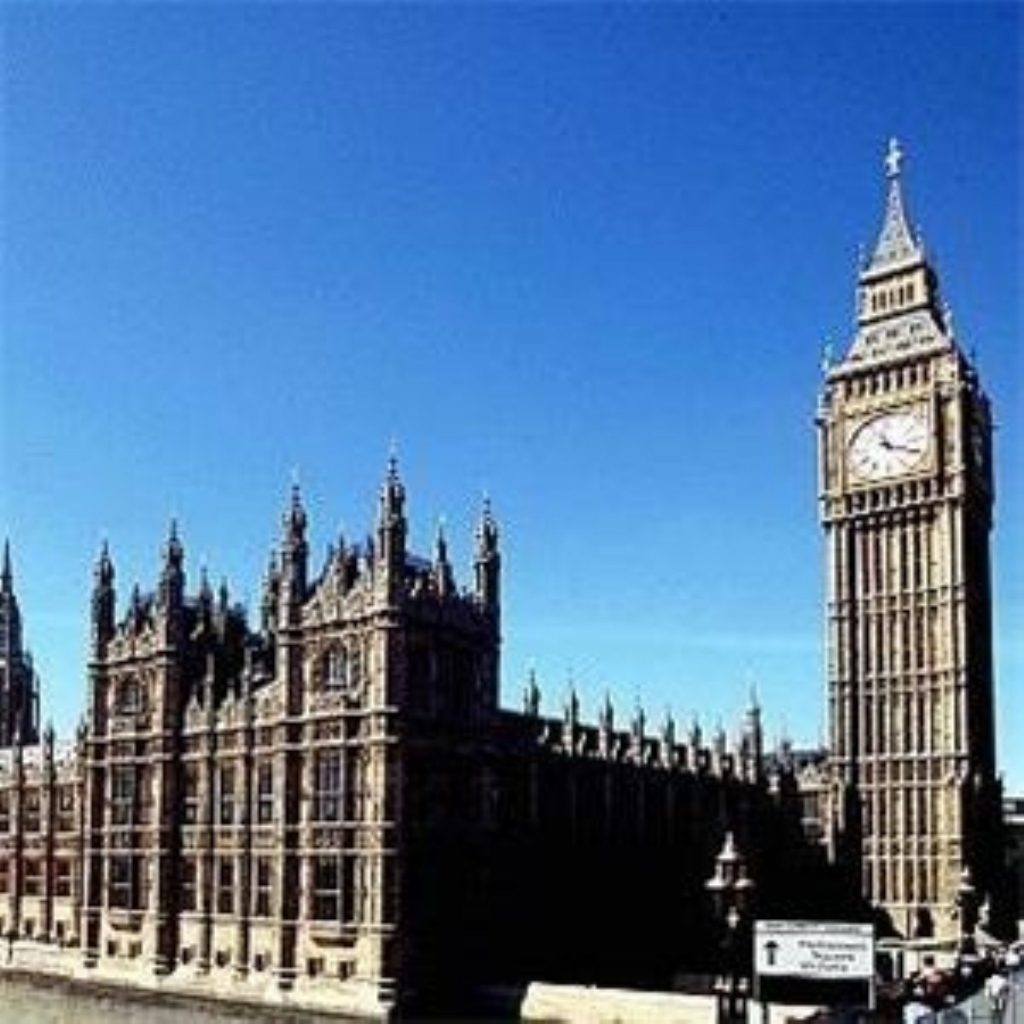The week in Westminster
Just how long will Europe torment Westminster?
After half a century of political carnage, the European project shows no sign of losing its ability to tear Britain’s parties apart.
When Tony Benn first touted the idea of a referendum on the subject in the 1970s the device managed to save the Labour party from an issue which has always provoked strong feeling in the UK. Decades later, it became a cancer in the heart of the Tory party, with pro-business Conservatives like Kenneth Clarke going to the wire with traditionalist patriots like Norman Tebbit.
What is it about Europe that brings such confusion and passion into British hearts? Perhaps it is the natural British dilemma about where the country stands. For a country that is half-Europe, half-America and half-something unique to itself, the European dilemma forces Britons to stare honestly at what they are – not a trait the nation has ever particularly enjoyed.


Regardless of the reasons, the EU has lost none of its ability to make life difficult for whoever happens to be in Number 10.
Last week’s rejection of the Lisbon treaty by the Irish did a strange thing to Gordon Brown: It made him popular. The prime minister couldn’t hide his glee at this week’s European summit, where fellow leaders treated him like royalty for his steadfast response to the increasingly shrill calls for a referendum. He should enjoy it while it lasts. Back at home, the decision is causing anger among people across the political spectrum.
The Tories know they’re onto a good thing on this one and they are pushing it at every chance they get. William Hague savaged the treaty in the Commons just hours before Mr Brown got on the plane to Brussels, and David Cameron’s line of attack on the issue during PMQs turned his backbenchers into teenage concert-goers, shouting “More! More!”
At meetings politics.co.uk attended this week, the demand for a referendum would not go away. The number of people speaking urgently and angrily about the referendum shows no sign of dwindling. If anything, it grows day by day, as the nation – regardless of its views on the Union – gets the distinct impression it is being ignored.
And by no means are the calls coming just from the usual suspects like Nigel Farage of UKIP, whose conversation with politics.co.uk this week was marked by anger and frustration. Clare Short and Tony Benn, both dyed-in-wool Labour left-wingers, are also calling for a referendum.
It’s not there yet, but the failure to call a vote on the subject could still cost Labour dear. At the moment, the party is doing so badly it’s genuinely difficult to establish exactly which of the various problems they have are responsible. But the constant rejection of calls for a referendum can only contribute to the perilous image of a government as out-of-touch with the people.
And yet, the Tories should be careful what they wish for. It’s easy to gloss over the vast differences on Conservative opinion on the subject because pretty much everyone can unite on the call for a vote. If that vote really did happen, it would be difficult, very difficult, for Mr Cameron to keep the party towing his line. A backbone of senior Tories – men like Ken Clarke – would make the case for Europe and the Conservatives could end up looking just as divided as they did all those dark years ago.
The really scary part is, we could still be talking about this in 50 years time.









